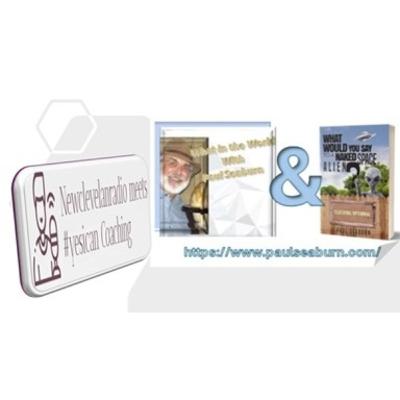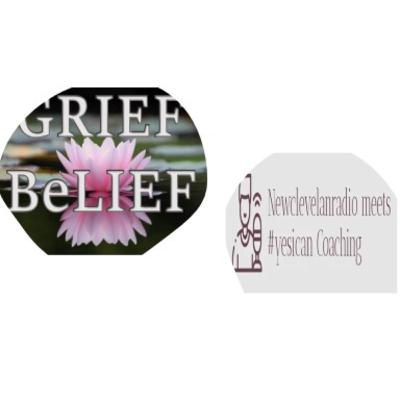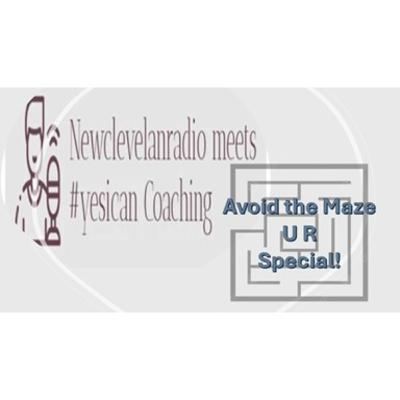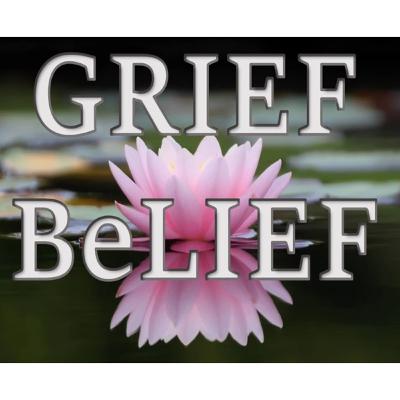GRIEF BeLIEF led by Alison Pena_ Anticipatory Grief_71823
Description
Please subscribe to our youtube page to receive notices on all new podcasts as well helping us grow our audience.
https://www.youtube.com/c/NewClevelandRadio
If you would like to be a podcast host or guest please contact Karen at newclevelandradio@gmail.com
Anticipatory Grief (such as dementia, Stage 4 cancer diagnosis, lead up to divorce/breakup, etc.) and family caregiving challenges. The panel shares their thoughts and we are providing you with some resources.
"Nearly 42 percent of caregivers report they have been providing care for 2-5 years while approximately 27 percent of family caregivers have been providing care for 5-10 years."
Here are some possible resources:
Cancer.net - Cancer and grief in different cultural contexts
National Family Caregiver Support Program
AARP Dealing with Ambiguous Loss
Reimagining grief
An article on Family Caregiving https://apple.news/AsVuk7ZQCThWY6ljQvJ7iCQ
211.org (United Way information for all sorts of social and other services. I used to call them when I was a paralegal and basically give a list of the issues involved with the person in mind and they would give me a list of the contacts of organizations that handle the various needs for various constituent groups).
How to Say it to Seniors by David Solie. It outlines researched ways to communicate with seniors or anyone who needs to be "encouraged" to take or stop actions such as giving up driving, don't go down the basement stairs to do the laundry, etc. I have used the techniques in my practice and it works.
Compassionate Friends is a nationwide mutual self-help bereavement organization offering friendship, understanding, and hope to bereaved families that have experienced the death of a child at any age from any cause.
https://www.aginglifecare.org, used to be called the Geriatric Caregiver Assoc but I think Boomer didn't like "geriatric" references. They can deal with people with disabilities associated with various diseases such as M.S., etc. I often recommend the family get an ALC person to help them navigate a number of things--especially when the family lives out of town and needs someone to take the elder or disabled person to the doctor, etc. The ALC worker doesn't provide the care--they are like the eyes and ears the family would normally be if they could do so--even when the family is in town.
There is a Veteran Improved Pension (of which Aid & Attendance is a part) benefit that can provide tax-free income that helps a veteran and/or the vet's surviving spouse with out of pocket unreimbursed medical expenses afford in-home care. This is NOT a service connected benefit nor is it treatment at the VA health centers. There are income and asset limits that are actually more generous than they used to be and if people know to plan ahead for it, obtain these funds that allow them to remain in their own home longer and afford more other options if that is no longer possible.
Online support https://www.griefrefuge.com/https://www.everydayhealth.com/self-care/
Alison_ alison@badwidow.com
Candace_ candace@theintentionalitygurus.com
Carol_ cwkalnow@gmail.com
Kristy_ andersonr1227@sbcglobal.net
Karen_ yesiam.ncr@gmail.com















